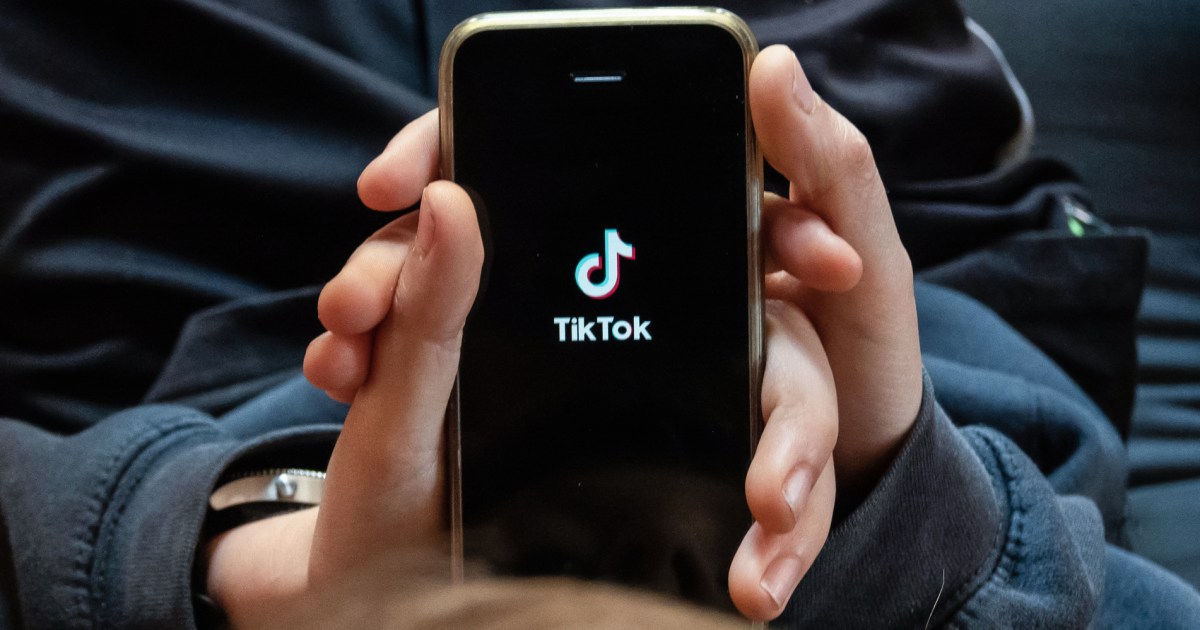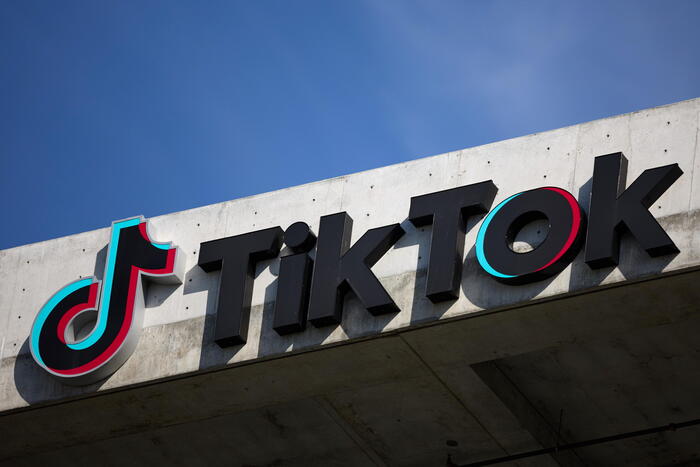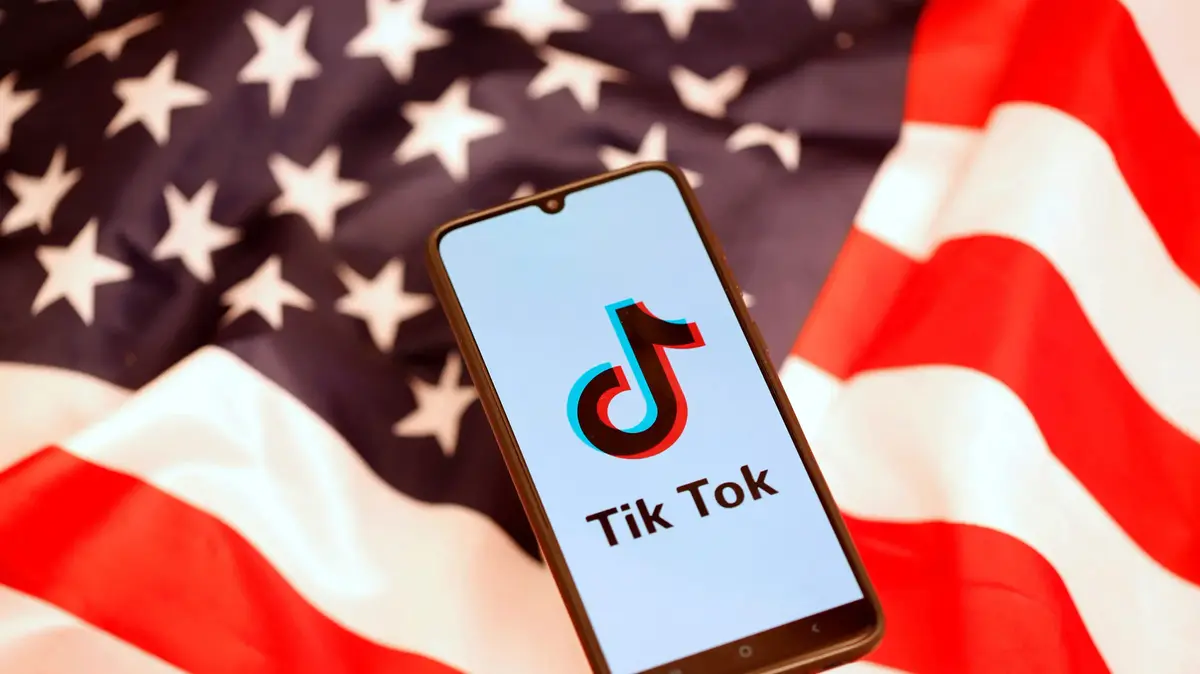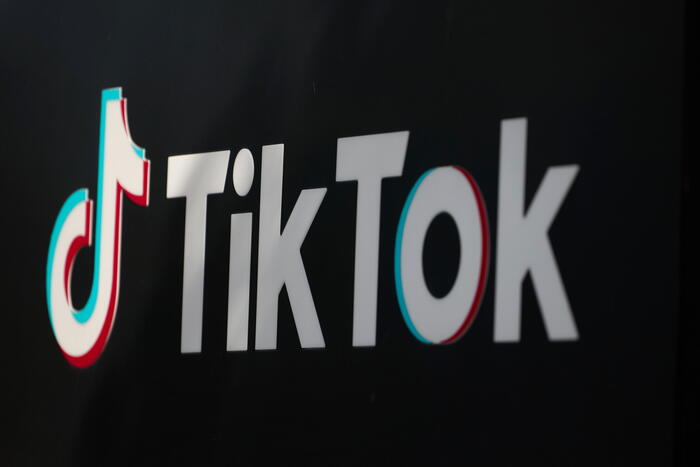How does one decide behind the scenes of the video app TikTok, who gets to see which video? This question was pursued by journalists of Netzpolitik.org. On Saturday they have put their findings online.
TikTok, which belongs to the Chinese company ByteDance, is one of the most popular platforms among young people in particular. The service is all about watching and uploading videos up to 15 or 60 seconds long, in which music often plays a crucial role.
Instagram, Spotify, the now discontinued Twitter video service Vine: TikTok positions itself somewhere between well-known offers - and thus comes to more than five million German users. In Germany, typical TikTok clips deal with relationship issues or everyday situations, such as at school or at work. There are also countless dance and LipSync videos as well as skits.
"Certain content gets as much coverage as possible"
Unlike Twitter or Facebook, TikTok users are seldom confronted with political content, such as scenes of demonstrations. In part, this is because TikTok stages itself as an entertainment app and many users upload matching material. Again and again, however, were allegations against the company, it limits the dissemination of political content targeted.
Netzpolitik.org now says in a longer article that they talked to a source at TikTok and were able to see different versions of TikTok's moderation rules. Those rules are "remarkably thin and widely interpretable - even for the moderator: inside himself". However, the strategy of the company is clear: "Certain contents get the greatest possible reach, while others are systematically suppressed."
According to the insider, the German-language TikTok videos would be moderated from three locations: Barcelona, Berlin and Beijing. The first review of a content would therefore take place in 50 to 150 video views in Barcelona. Berlin is responsible for a second exam in 8,000 to 15,000 views and a third exam in about 20,000 views. At night - and this is confirmed by TikTok against Netzpolitik.org - German-speaking Chinese would take the examinations from Beijing.
Different levels of visibility
Supposedly content can be classified in the exams in six different ways. According to a diagram of Netzpolitik.org deletions are possible, but also visibility classifications such as "not recommend" or "not for feed", which should lead to the fact that videos do not appear in the so-called "for you" feed of the app and - in the case from "not for feed" - also disadvantaged in the search. For most TikTok users, the "For You" feed is likely to be the main way to discover new video footage. Who appears here with his video, has much better chances of a long range.
TikTok Network.org confirmed only the existence of three levels called "deletion" (equivalent to deletion of content), "Visible to self" (the content is visible only to the creator itself) and "Risks". According to the company, "Risks" marks content that could violate local laws in certain countries. Netzpolitik.org According to the label leads among others to the fact that LGBT content in Islamic countries to be slowed down.
Content for protests is generally not popular on the platform, according to the source cited in the article. They would often be deleted at the first sighting of the moderation, they say.
Document with rules uploaded
Before Netzpolitik.org, the "Guardian" reported on TikTok's dealings with political content, at that time mainly with reference to China. According to the Netzpolitik.org source TikTok then changed its guidelines - with explicit reference to bad press. TikTok states that there have been significant changes months before the article.
What type of rule changes it was, one of Netzpolitik.org created PDF with examples hint. Adapted to this was the slowing down of representations of so-called "controversial events", such as protests and marches. However, according to the document, content related to conflicts that come or might come to violence can still be labeled as "not for feed". TikTok merely commented that it does not remove such content.
In the past, according to the document, criticism of important political figures, the police and the military was the reason why videos were withheld from the "For You" feed. However, TikTok has meanwhile dropped these rules in Germany. This was also confirmed by Netzpolitik.org by the company.
It is also noteworthy that Netzpolitik.org states that some videos of the Hong Kong protests - including those that they wanted to upload themselves - could only be found on the platform after a press request for the visibility of exactly this content. "Control over what people see on TikTok is above all in the hands of the company," the article says.
"Vague, non-transparent rules"
Netzpolitik.org founder Markus Beckedahl writes in a commentary on the research, TikTok have "vague, non-transparent rules" and offer moderators "technically far-reaching intervention options to disguise content and deliberately suppress their dissemination". The company thereby limits the political expression "massively and consciously". Facebook and YouTube, on the other hand, were almost like "democratic and open spaces".
TikTok repeatedly emphasizes that it works differently than other social media platforms. A company brochure for parents and teens states that when presenting creative ideas, TikTok does not care how many followers you have: "Instead, the app's algorithm selects the best videos and presents them to the largest possible number of users their feed, which determines what content users see in their feed are their preferences. "
Commenting on SPIEGEL's demand for Netzpolitik.org's article, the company said TikTok "does not moderate content based on political bias or sensitivities": "Our moderation decisions are not influenced by any foreign government, which includes the Chinese government." TikTok "does not remove videos about the Hong Kong protests, nor does it suppress videos surrounding the protests in Hong Kong." This includes content to activists.















